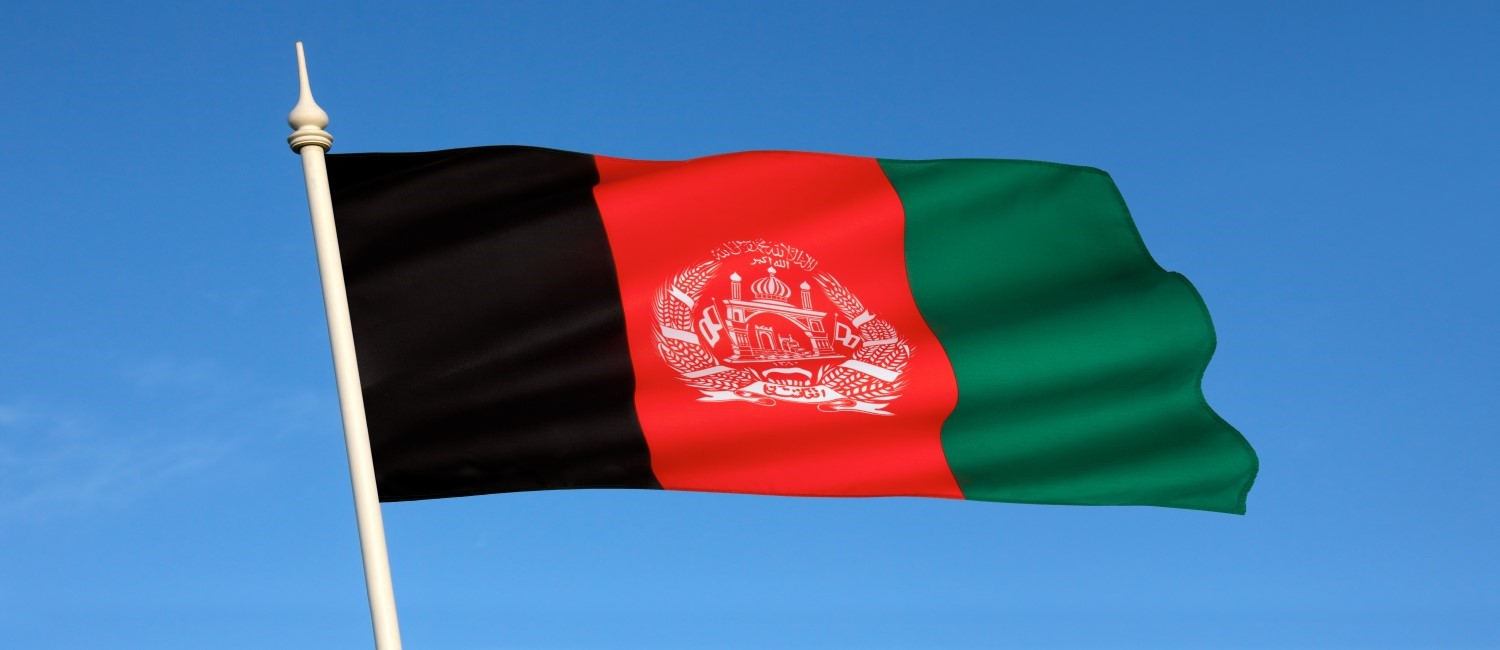Like many countries in the world, serious crimes such as corruption and drug trafficking pose significant risks and threats to Russia. The Russian government is aware of the seriousness of the money laundering process resulting from these crimes. Russia has defined these risks with its legal regulations and has determined the measures to be taken. Thus, Russia continues its struggle against money laundering and terrorist financing, together with the legal regulations and the cooperation of authorized institutions.
AML History
Russia has meticulously constructed a robust framework of AML laws and regulations, carefully addressing the threat of money laundering and the financing of terrorism. The first measure on money laundering was given in 1993 when the Russian Criminal Code included several provisions.
In 2001, the Federal Law titled On Combating Legalization (Laundering) of Proceeds from Crime and Financing of Terrorism established the cornerstone of Russia's AML infrastructure, marking the country's commitment to prevent illicit financial activities. In 2004, a significant turning point was reached with the formation of the Federal Service of Financial Monitoring (FSFM), now known as Rosfinmonitoring, which became the primary authority responsible for overseeing AML measures. This crucial development laid the foundation for heightened vigilance against money laundering.
The evolution of Russia's AML laws continued in 2008 with amendments, extending AML obligations to a diverse array of entities, including casinos, publishers, and real estate agents. Russia's alignment with international standards took center stage in 2009 when it joined the Financial Action Task Force (FATF). Over time, Russia has fortified its AML measures by introducing a risk-based approach, strengthening customer due diligence (CDD), and imposing more stringent penalties for non-compliance. In 2019, Russia further adapted to emerging financial technologies by introducing regulations governing cryptocurrency transactions.
Ramifications of Aggression
Russia holds a negative stance among the countries of the world due to its most recent aggression towards its neighbor, Ukraine. As of 2023, the war in Ukraine did great damage to both sides. While nothing physical, Russian companies have also been affected by this conflict because of the international sanctions towards their country.
In 2022, when the war broke out, notable countries and organizations such as the European Union (EU), the G-7, and the United Nations (UN) all imposed sanctions against Russia and its allies. Moreover, in 2023, Russia’s FATF membership was suspended due to the organization’s principles of promoting security, safety, and the integrity of the global financial system.
Due to these sanctions, the international AML compliance collaboration between Russia and most of the world has been paused indefinitely, making effective AML solutions even more important for Russian companies.
Since KYC (Know Your Customer) is an obligation for the companies of the aforementioned countries, the financial flow is severely damaged, disabling Russian companies’ freedom in the international landscape.
The Financial Bodies
Rosfinmonitoring (FSFM) is the federal body of Russia responsible for money laundering and the prevention of money laundering and terrorist financing. FSFM identifies global and local threats and takes precautions against them. FSFM also works with international AML regulators and bodies to work to improve existing regulations and measures.
AML Obligations
In Russia, banks and companies that practice money transfer, leasing, investment, security measures, and provision are regulated entities under the AML obligation. According to Russia's AML regulations, these organizations have to identify their customers and detect suspicious transactions that may be financial crimes. Regulated organizations are required to implement the AML program and internal control programs to ensure their compliance. Regulated organizations should employ AML compliance officers and train these employees regularly. AML compliance officers must report suspicious transactions to the FSFM.
Organizations under the Anti-Money Laundering obligation are required to report at least 600,000 RUB (8,000 EUR) cash or non-cash customer transactions and at least 3 million RUB (40,000 EUR) real-estate asset customer transactions to the FSFM. In addition, organizations under the AML obligation have to detect politically exposed persons (PEPs) and provide suspicious transaction reporting (SAR) to supervisory authorities.
Money Laundering Penalties
Russia's AML regulations reported that those who commit a financial crime would be punished with imprisonment of up to six years or a fine of up to 100,000 RUB. Russia warns companies that do not meet AML obligations to ensure AML compliance. These companies are subject to fines and administrative penalties. In addition, these companies are at risk of losing their licenses. Therefore, companies under the AML obligation must take the necessary measures and protect themselves from the risks of fines and losing licenses.
Importance of Suspicious Activity Reporting
The significance of SAR is vital for AML policies around the globe, and this holds true for Russia as well. SAR serves as a fundamental pillar in the prevention and detection of illicit financial activities, allowing obligated entities in Russia to report and scrutinize transactions or behaviors that increase suspicions of money laundering or terrorist financing.
In Russia, the role of SARs in combating financial crimes is paramount. For instance, banks are obliged to expeditiously notify authorities about transactions they deem suspicious, possibly involving proceeds of criminal activity or having ties to terrorist financing. These reports furnish law enforcement agencies with vital information to initiate investigations and disrupt criminal networks. In recent times, SARs have proven instrumental in Russia by exposing various instances of money laundering.
Sanction Scanner, a top developer of AML software, brings an array of advantages to Russian enterprises. Notably, its meticulous SAR system ensures rigorous compliance and risk management. Russian firms can efficiently optimize AML procedures, protect their reputation, and adhere to regulations with Sanction Scanner’s advanced technology. Contact us or request a demo for robust AML assistance.





